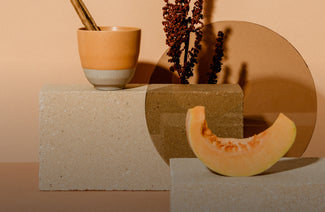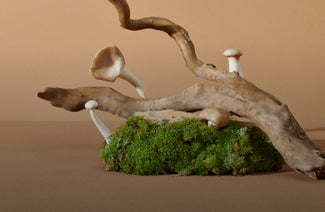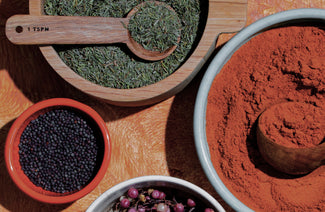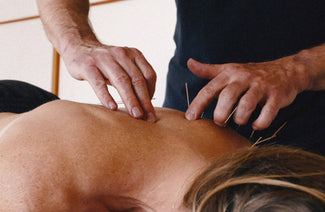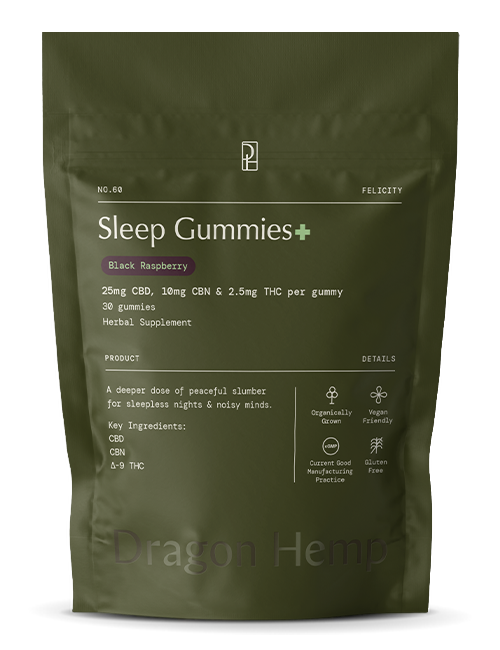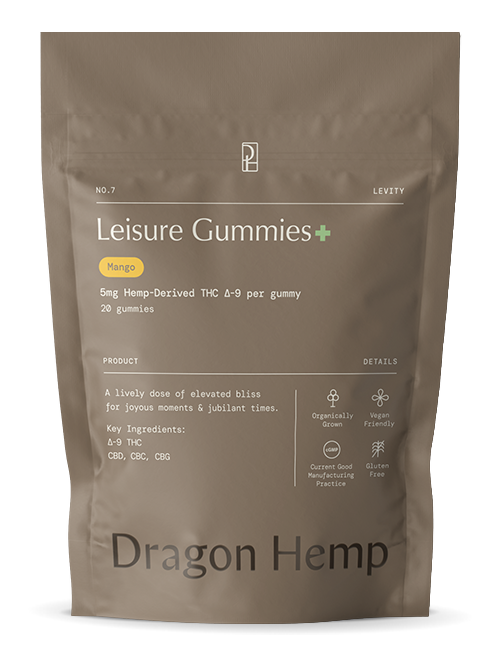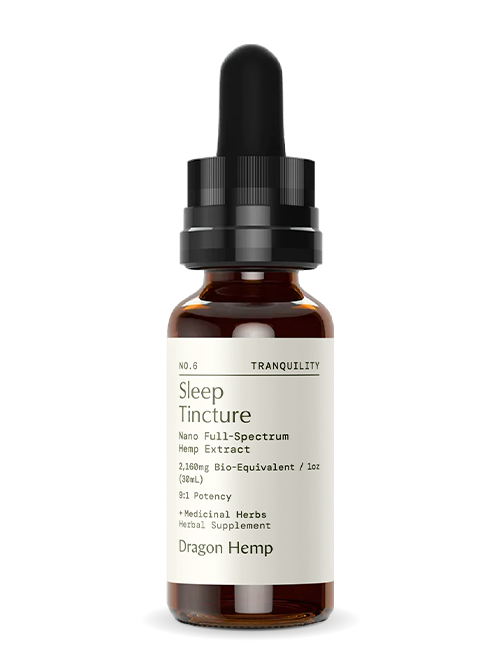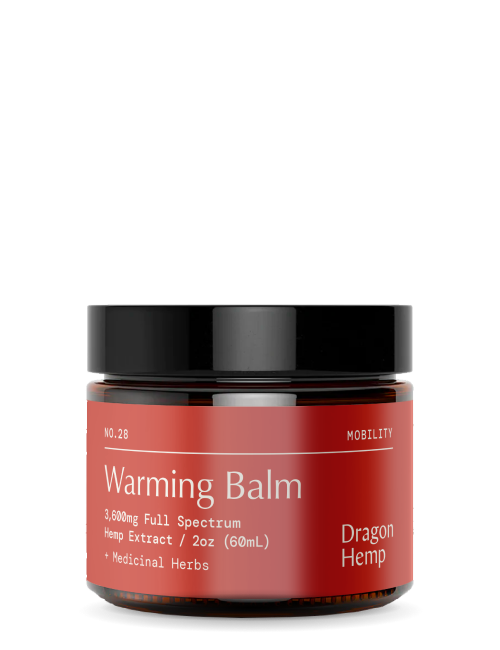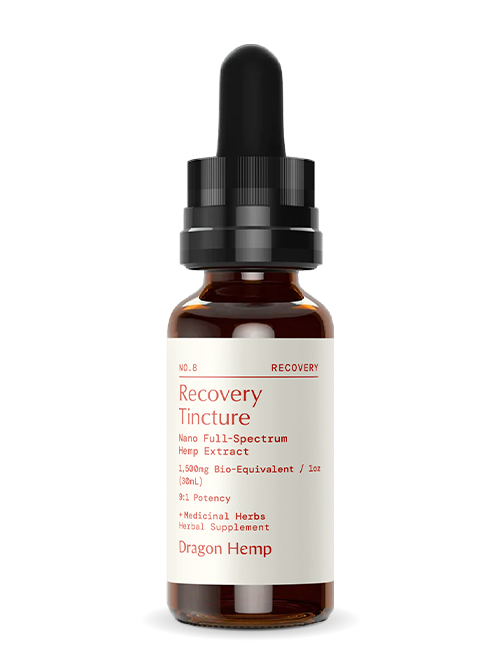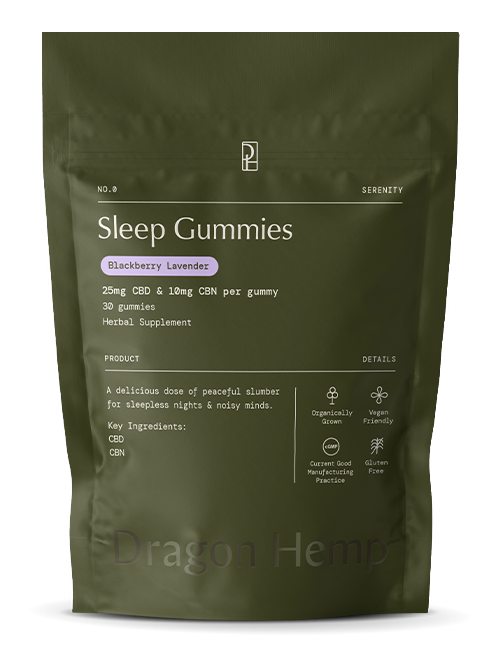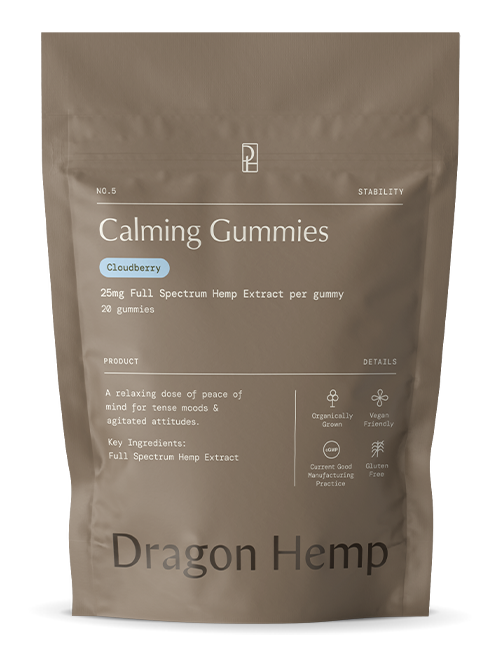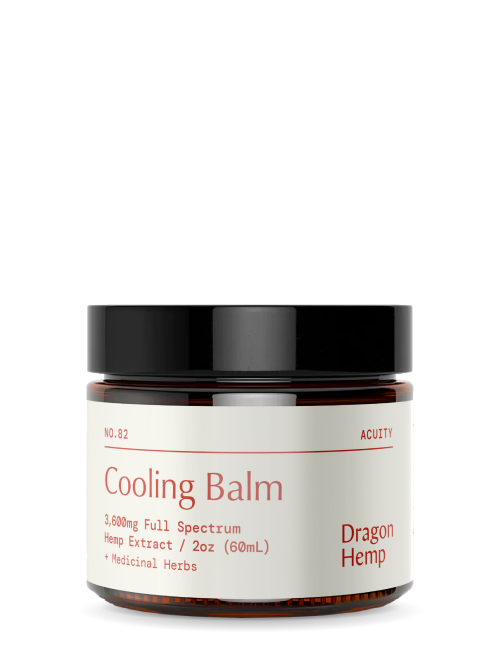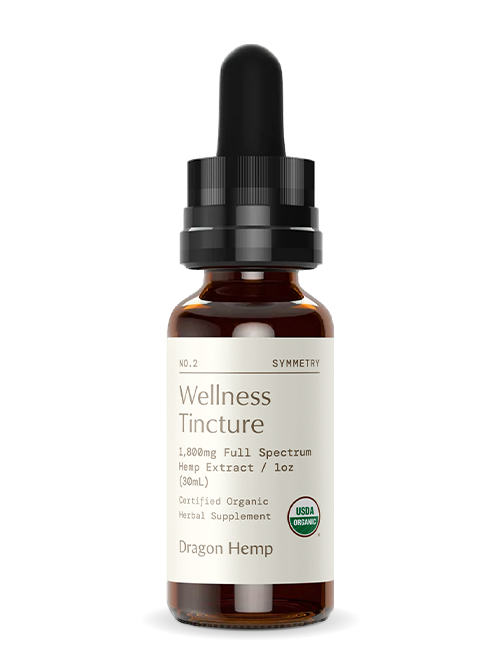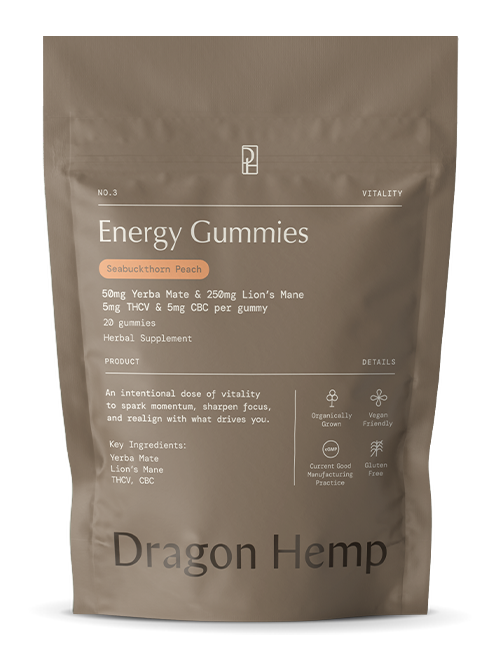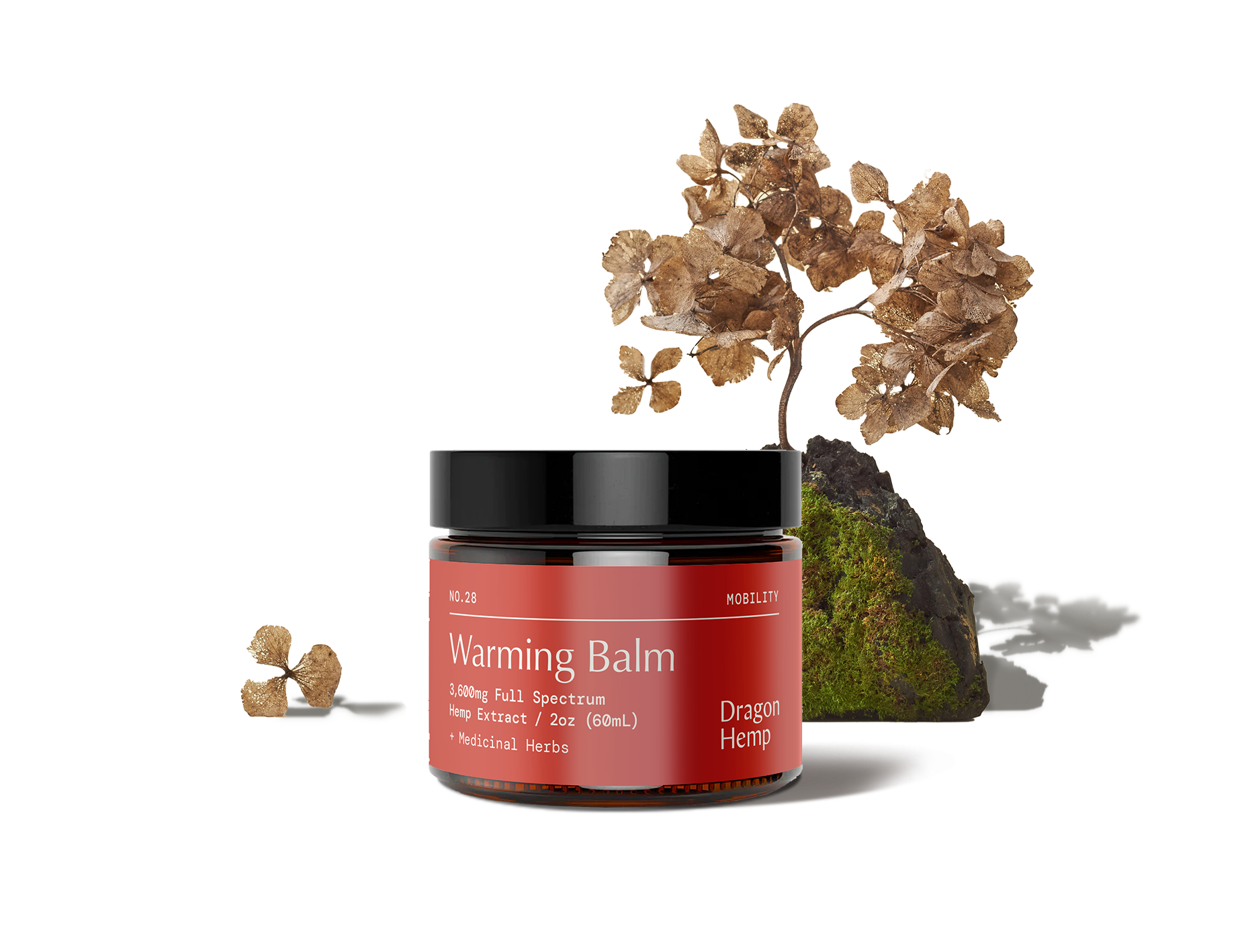
CBD for Runners
If cannabinoids rule the health and wellness segment, CBD is the queen. Short for cannabidiol, CBD is a non-psychoactive cannabinoid with numerous health benefits. Consequently, it is a key ingredient in many health products, from drinks to lotions and even aerosols.
But perhaps nowhere is CBD usage more pronounced than in sports. An increasing number of sports products contain CBD due to its health-impacting properties. And while researchers are hard at work trying to prove (or disapprove) these qualities, CBD’s popularity continues to soar.
A recent survey suggested that roughly 25 percent of university athletes use cannabis-based products (read CBD). However, this may be an underestimation as there are indications that up to 80 percent of NFL players use cannabis-based products.
So, naturally, if you are involved in competitive sports, you are justified to think you are on to something here. But what is runners CBD? And does it really work for those muscle pains and aches? What does the research say about it?
Key takeaways
- CBD is a non-psychoactive cannabinoid with numerous potential health benefits.
- Unlike THC, CBD exerts its therapeutic effects via non-cannabinoid receptors, e.g., ion channels, GCPRs, and PPARs.
- CBD has many potential benefits for athletes, including helping manage pain and inflammation, improving sleep, and reducing performance anxiety.
What is runners CBD
The medicinal properties of cannabis have been exploited for millennia to cure various ailments. Traditional herbalists and physicians used extracts from this herbaceous plant to resolve anything from indigestion to common cold to pain.
In recent times, research has made it possible to isolate the key bioactive ingredients in cannabis and learn more about them. One of the most studied cannabinoids is CBD – a compound that has generated an insane buzz in health and wellness circles. And it is understandable why.
At a time when there are genuine concerns regarding the safety of sports products, e.g., pre-workout supplements, it’s clear why many athletes are going natural. Though good for flavor, common ingredients in such products like artificial sweeteners and sugar alcohols can cause intestinal discomfort and distress.
They may also trigger diarrhea, bloating, and gas when taken in large quantities, effectively ruining your workout. Other common ingredients like caffeine boost energy levels and enable you to power through the sessions. However, caffeine also exposes you to risks of developing high blood pressure, stress, and altered sleep patterns.
With CBD, there are minimal risks to your health (and we are not just saying this). CBD’s safety profile is vouched for in a WHO report that stated it “exhibits no effect indicative of any abuse or dependence potential.” This position is corroborated by research that shows CBD is “generally well tolerated with mild side effects.”
As a result, CBD is widely used in sports products like pre-workouts, creams, oils, and patches to help athletes with sports-related problems. Also, the CBD in such products meets the threshold set by WADA. In fact, CBD is the only cannabis compound delisted from WADA’s list of banned performance-enhancing substances. Big deal, no doubt!
While it is reassuring to know CBD is safe and WADA-legal, you probably want to know how it can help you be a better athlete. Here is how.
Benefits of CBD for Running
From a performance perspective, sleep, pain management, and anxiety are the three most important aspects. So, we will focus on these three core areas of athlete performance.
Many critical functions happen during sleep that ultimately affect performance. For instance, according to the Sleep Foundation, sleep helps you remember better. So as an athlete, if you learn a new skill, sleeping on it enables you to retain much of the new information.
Apart from improving physical performance (e.g., running faster and being sharper), getting enough sleep is associated with better cognitive functioning. In sports where decision-making and adaptability are integral to success, athletes getting more sleep are likely to perform better.
But more importantly, sleep allows your body to repair itself and rest vital organs such as the heart. Research shows that as you go through the various stages of sleep, your heart and breathing rates change throughout, promoting cardiovascular health.
So, how does CBD play into this?
Even though research findings are still preliminary, there is evidence suggesting that CBD may promote sleep and reduce anxiety.
Other scientific investigations contend that CBD may help alleviate symptoms associated with sleep disorders such as insomnia, daytime sleepiness, and REM sleep behavior disorder.
This cannabinoid is also thought to influence serotonergic pathways, thereby regulating serotonin levels in the body. This hormone is a messenger between the brain and the body and is involved in bodily functions like mood, sleep, wound healing, and blood clotting.
Obviously, any athlete would want to derive these benefits from their favorite pre-workout.
If you get worried just before a big sporting event (in which you are a competitor), you are not abnormal. In fact, 30-60 percent of athletes experience sports performance anxiety.
Sports anxiety is common even among top athletes. It is normal to become apprehensive and tense when in a competitive situation. Obviously, many things rush through your head, e.g., potential failure, letting your teammates/coaches down, or not meeting your expectations.
The good news is that much research has gone into understanding the relationship between athletics, competition, and performance anxiety. One psychology model widely used to explain sports anxiety is the Yerkes-Dodson law.
This law states proposes that there is a relationship between performance and stress. In effect, an optimal level of stress typically corresponds to optimal performance. Empirically, this relationship is represented by an inverted U-shaped curve.
In other words, performance quality and arousal level are directly proportional to a certain level. Once optimal arousal is attained and exceeded, performance quality dips. That’s because the motor skills that are usually automatic become impaired by tension.
One way of dealing with sports anxiety is CBD.
This cannabinoid has anxiolytic properties that may help reduce anxiety. A 2015 study investigating CBD’s effect on various anxiety disorders found that doses ranging between 300 to 600 mg effectively reduced anxious behavior symptoms in healthy test subjects.
Lower doses of CBD (25-75 mg) have also been shown to positively affect generalized anxiety and sleep problems. Another trial also found that 33 to 49 mg of CBD reduced PTSD symptoms when augmented with routine psychiatric treatment.
Anecdotal evidence seems to support these empirical findings. A recent survey of 2,000 US adults showed that nearly 51 percent use CBD to alleviate anxiety.
CBD’s anxiolytic effects are attributed to its interaction with various receptors, key among them 5HT1A receptors. It does not bind well to cannabinoid receptors CB1 or CB2, so it is thought to exert its effects via different pathways like ion channels (e.g., TRPV1 and TRPA1), G-protein coupled receptors (opioid receptors and GPR55s), and peroxisome proliferator-activated receptors (PPARs).
But CBD does not only rely on receptors to exert its effects. Research shows it also acts as a reuptake inhibitor and an allosteric modulator. This explains CBD’s wide-ranging therapeutic benefits.
Pain is the badge that differentiates athletes from mere mortals and is a badge they wear with pride. It’s even been immortalized in the mantra “No pain, No gain.”
So, pain is not entirely a bad thing in sports. If anything, it indicates how your body is adapting to the new performance levels you have subjected it to. In most cases, unless caused by an injury, pain (also called positive training pain) signifies your efforts are bearing fruit.
However, too much pain can prevent an athlete from meeting their goals. This is why it’s good news that CBD may help reduce pain and discomfort.
There is evidence that CBD may help manage pain, making it an ally for athletes. Just as well because many athletes face challenges managing chronic pain given the consequences of using opioids.
A 2020 study investigating the effect of CBD on chronic pain concluded that it is “a promising tool in pain management.” The researchers noted that cannabinoids have a significant analgesic effect but could not pinpoint the exact cannabinoid responsible because they used a combination of CBD and THC.
Other studies in this space have also confirmed that CBD/THC combinations (nabiximols) might treat chronic pain. For example, a 2013 clinical trial assessing the efficacy of a THC/CBD oromucosal spray recorded “clinically important improvements in pain, sleep quality and SGIC (subject global impression of change).”
The only downside to these experiments is that none evaluated the analgesic effect of CBD alone. That’s because most cannabinoid-based pain relievers often mix CBD and THC. So, more research is needed to establish CBD’s analgesic effects.
Besides these “big three,’ other areas where CBD might help include reducing inflammation, fatigue, muscle aches, and soreness.
CBD has potent anti-inflammatory effects. A 2022 study showed that it could potentially reduce inflammation and the expression of pro-inflammatory cytokines by modulating the immune system and suppressing immune responses.
Similarly, a new study suggests that cannabis may help treat fatigue. The University of New Mexico researchers found that, on average, the participants experienced improved fatigue symptoms after taking cannabis.
However, they did not specify which cannabinoid caused the effect, noting that it may be the collective effect of all the compounds in the flower bud.
In another study on the efficacy of cannabis and CBD in treating fibromyalgia, the researchers established a relationship between cannabis/CBD treatment and pain reduction, better sleep, and improved symptoms like fatigue.
Though there is limited evidence supporting the use of cannabis/CBD in treating fibromyalgia, there is sufficient proof that cannabis may help manage pain.
How to use CBD for Running
Once CBD has been extracted from hemp, it can be made into various products. This gives you more than enough ways to use it.
For example, CBD is typically diluted in oil or high-proof alcohol to make CBD oils or tinctures. These are best taken sublingually, i.e., placed under the tongue. This method allows the active ingredients to bypass the digestive system and enter the bloodstream resulting in higher bioavailability.
The sublingual method also allows you to feel the effects much faster, typically within 15-45 minutes. So, it’s the method to use if you want fast results.
CBD can also be used topically, i.e., applied on the skin. Topical CBD is popular in sports packages, with many athletes using it to manage inflammation, pain, muscle aches, and soreness. These formulations tend to provide a more localized effect.
Unlike sublinguals, topicals kick in slower. So give it 45 to 60 minutes before you can feel the effects.
CBD aerosols are a staple in the sports industry due to their fast-acting property. They are popularly sold as vape carts or nasal sprays. Either way, inhaling CBD is the fastest way to enjoy its benefits.
The other advantage of this method is the fast kick-in effect. Most users begin to feel the effects within 15 to 30 minutes, which is great if you are in serious pain or discomfort.
You can also take CBD orally as edibles, but this method may not be the most effective.
That’s because CBD’s oral bioavailability is extremely low – roughly 6 percent. This means from a standard gummy with 25 mg of CBD, only 1.5 g enters your bloodstream. So, you may have to take many gummies before you hit your ‘sweet spot.’
You may ask, “But THC edibles are often quite strong. Why not CBD?” It’s because when THC is metabolized, a more potent metabolite (11-hydroxy-THC) is formed. This compound is thought to be 10 times stronger than THC. CBD does not go through a similar process.
What to know before taking CBD and running
The main concern with the CBD industry is non-regulation. Recent lab test reports show that the industry is rife with misrepresentation of facts. Many CBD products don’t contain what is advertised on their labels. If they do, the value may be higher or lower. Throw in toxic substances like heavy metals, pesticide residue, and microbial contaminants, and you have a major problem!
So, safety and quality remain major issues, especially with the influx of CBD products from unverified sources. That’s why we insist on buying CBD from credible brands. How do you identify a credible brand?
Check their websites if they offer more information regarding their manufacturing and quality control processes. Also, check if their products have certificates of analysis (CoA). These are issued by third parties after product testing.
If it appears the company is not transparent enough, that’s a potential red flag. Move on!
Best Products with CBD Before Running
At Dragon Hemp, we take pride in creating natural products that work. Our ingredients are premium and are designed to enhance performance, aid recovery, and support rest.
So before you hit the road/trail, prepare your mind and body with these products.
If you are gunning for overall body balance, then our eponymous Balance wellness tincture is exactly what you need. Made with full-spectrum CBD hemp oil, it is designed to manage stress, ease anxiety, and promote overall well-being.
Energy and focus are an athlete’s friend any day, so we recommend these Reach capsules to jumpstart your sessions. This product contains premium CBD (isolate) with powerful adaptogens to elevate mood, promote blood circulation and charge the brain.
Best CBD balm for runners
For chronic, muscular, or back pain, try our Warming Balm. This product contains premium quality hemp CBD with a blend of adaptogens like aconite, dragon’s blood, and other Chinese herbs to provide prolonged relief from pain and inflammation. It’s also a great way to warm your muscles before putting them to work.
After an intense training session, use our Cooling Balm to get rid of that nagging pain, muscle ache, and soreness. This balm has full-spectrum hemp CBD and soothing herbals like menthol and corydalis to help reduce swelling, cool muscle tissue, and enhance blood flow, ensuring you recover quickly and are ready for your next session.
Feel like yourself again.
Peruse our collection of plant-based therapeutics blending time-honored herbal remedies with next-generation cannabinoid extracts.

